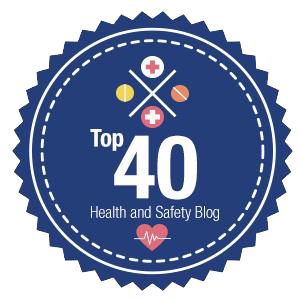The Institution of Occupational Health and Safety (IOSH) has shared 10 tips for how to open the discussion about mental health with workers.
Research by the UK Health and Safety Executive (HSE) suggests that one in four people in the UK will have mental ill health at some point, but talking about mental health with colleagues can be challenging.
IOSH says some key ways for talking about mental health with workers on a one-to-one basis include the following.
- Choose an appropriate place. This should be somewhere private and quiet, at work or a neutral place outside of work.
- Encourage people to talk. It can be difficult to talk about mental health. Asking simple open questions and letting people speak about their issues in their own words will help.
- Don’t make assumptions. The person may not need help or may feel they are able to manage the mental ill-health symptoms themselves.
- Listen to workers and respond flexibly. Being aware of different types of workplace adjustments that you could offer before the conversation will be useful.
- Be honest and clear. If there are concerns about high absence levels or low performance, these need to be addressed at an early stage.
- Ensure confidentiality. Workers need to feel that anything they say will be kept as confidential as possible and in accordance with any data protection laws. Ask them if you can share the information with specific people, eg human resources (HR), and make sure you get their agreement to do so.
- Develop an action plan. An individual plan can help to identify a worker’s mental ill health, what their triggers are, possible impacts on work, who to contact in a crisis and what support they need. The plan also needs to specify review dates so that any support measures put in place can be monitored to see if they are working.
- Encourage workers to seek advice and support. A person should be encouraged to seek help themselves if they haven’t already. Many organisations have employee/worker assistance programmes (EAP) that can offer counselling or helplines.
- Seek advice and support yourself. If you feel unable to support the employee or need advice on how to help, seek advice from HR or occupational health.
- Reassure workers. Remember that people may not want to talk straight away. If they don’t, it’s important to let them know what support is available and that whenever they feel able to talk, you will make sure that they get the support they need.
Contact us if you require further advice.
With thanks to IOSH.









